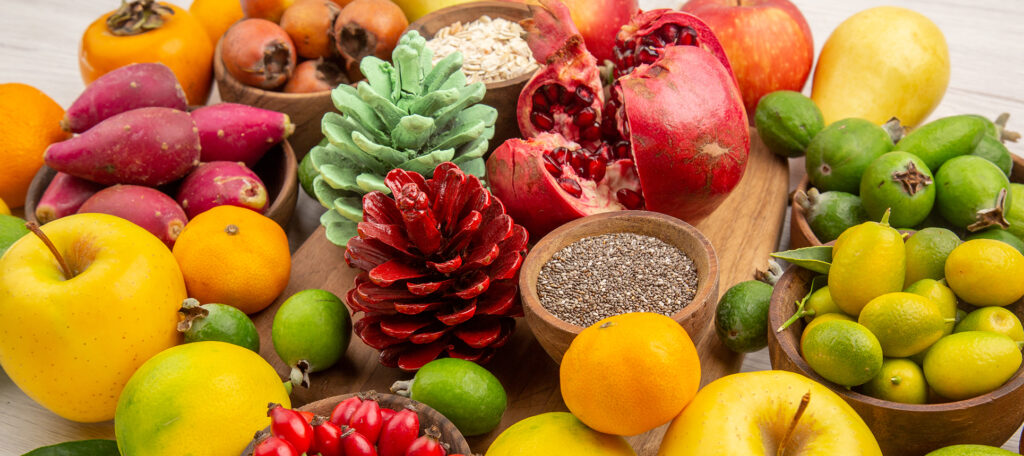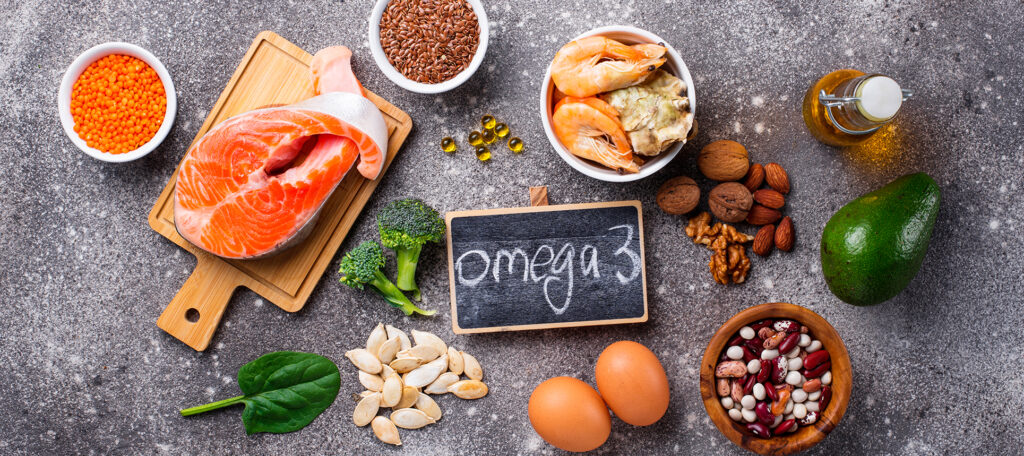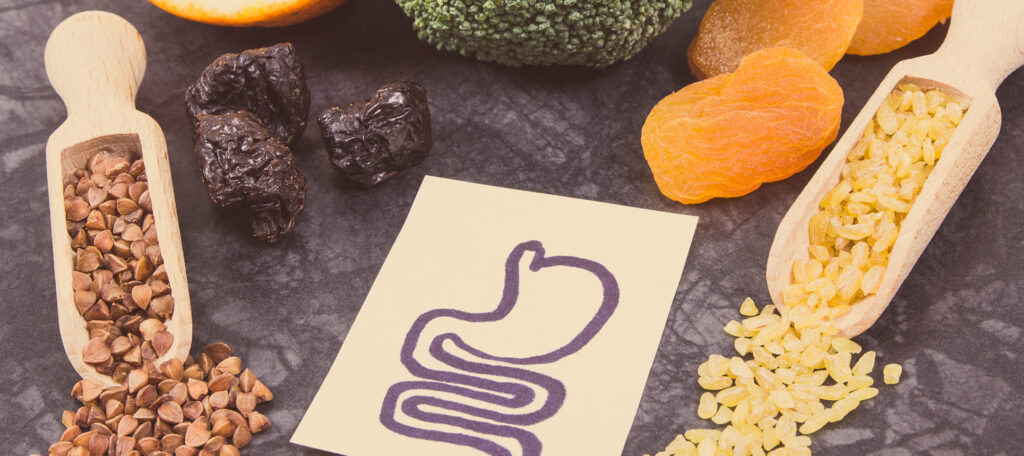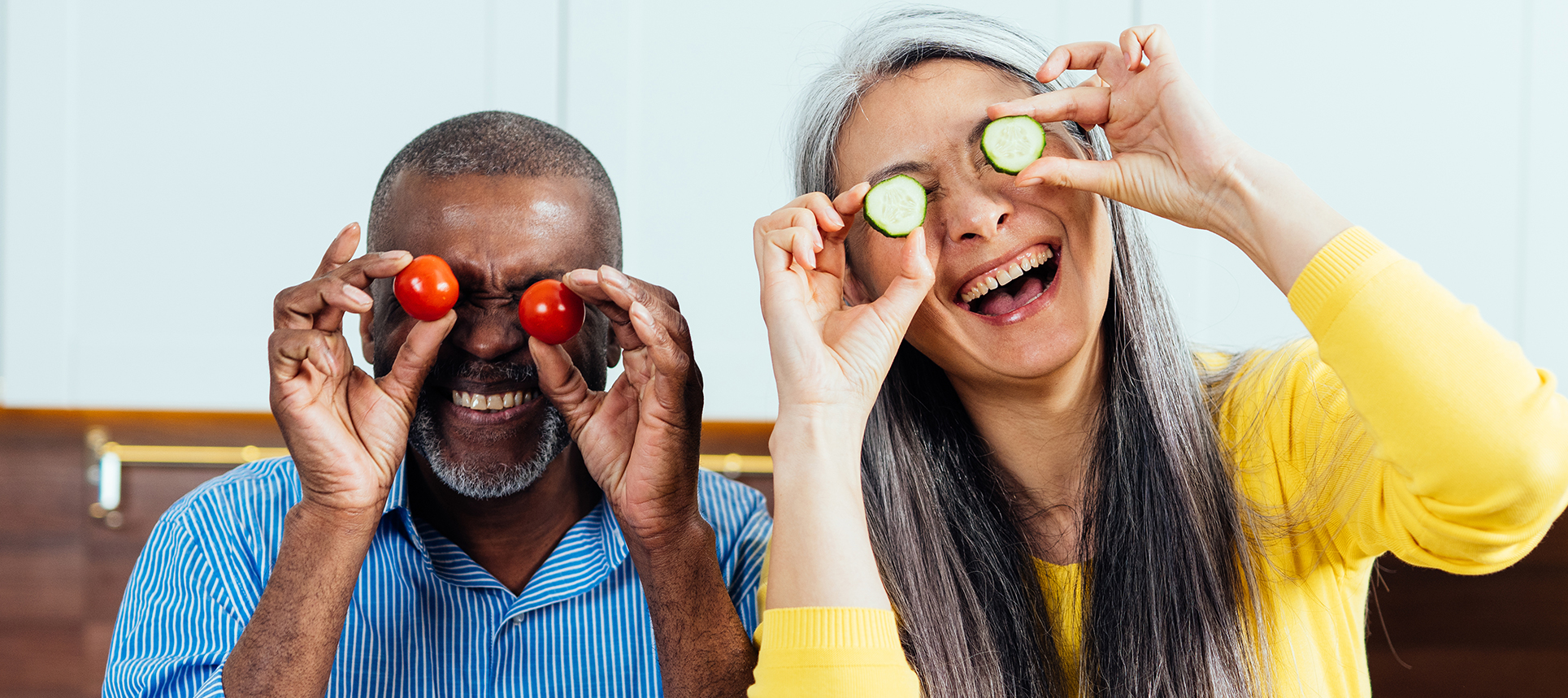Let’s face it—no one wants to hear the word “cataracts” from their eye doctor. But if you’ve been told you have them, or you’re simply trying to keep your eyes healthy as you age, you’ve probably started wondering about how your diet might play a role. Can food really make that much of a difference when it comes to your vision? The answer is—yes, it can. But not in the way you might think.
In this article, we’ll walk through 23 of the most frequently asked questions about cataracts and diet. And we’re not going to throw scientific jargon at you—we’re keeping it friendly, informative, and practical. Ready? Let’s dive in.
1. Can diet really help prevent cataracts?
Yes, it absolutely can play a role. While cataracts are mostly age-related, certain nutrients can slow down the process by protecting your eyes from damage. The key here is antioxidants—think vitamins C and E, lutein, and zeaxanthin. These help to combat oxidative stress, which is one of the major contributors to cataract formation. If your diet consistently includes these nutrients, you’re giving your eyes a fighting chance.
That said, don’t expect miracles overnight. A good diet won’t reverse cataracts, but it can help delay their onset or slow their progression. It’s all about playing the long game.
2. Which foods are best for eye health and preventing cataracts?
Your best friends here are colourful fruits and vegetables—especially leafy greens like spinach, kale, and collard greens. These are rich in lutein and zeaxanthin, two nutrients known to support lens health. Citrus fruits, bell peppers, and berries bring in the vitamin C, while nuts and seeds can boost your vitamin E intake.
Fish like salmon, mackerel, and sardines are also great choices thanks to their omega-3 fatty acids. These fats help reduce inflammation and may protect the lens over time. So if you’re thinking of what to pile on your plate, go for colour, crunch, and variety.

3. Are there specific vitamins that are most important for cataracts?
There are a few vitamins that really stand out. Vitamin C is a big one—it’s found in high concentrations in the lens of the eye, and studies show that higher intake can slow cataract development. Vitamin E is another strong antioxidant, protecting cells in the eye from oxidative stress.
Then there’s vitamin A, which supports overall eye function, and the carotenoids lutein and zeaxanthin, which act as natural sunglasses for your retina and lens. You don’t need to supplement if your diet is rich in these—foods like carrots, eggs, and leafy greens will cover you.
4. Can what I eat actually make cataracts worse?
It can, particularly if your diet is heavy in processed foods, refined sugars, and trans fats. These can increase inflammation in your body and accelerate the kind of oxidative damage that leads to cataracts. Frequent spikes in blood sugar, for example, are linked with a higher risk of cataracts, particularly in people with diabetes.
So, while one slice of cake isn’t going to destroy your vision, consistently poor dietary habits might not do your eyes any favours.

5. Does sugar intake affect cataracts?
Yes, high sugar intake—especially when it leads to elevated blood glucose levels—can significantly increase your risk of developing cataracts. This is particularly true for diabetics, where high blood sugar can change the structure of the lens and promote clouding.
If you have a sweet tooth, it doesn’t mean you have to give it up completely. Just try to keep things balanced and watch those added sugars. Natural sugars in fruits aren’t the issue—it’s the processed, refined stuff you want to limit.
6. Are there superfoods for cataracts?
While there’s no single “magic” food, some stand out for their high concentration of beneficial nutrients. Kale and spinach are top choices for lutein and zeaxanthin. Blueberries and blackberries pack in the antioxidants. Carrots, with their beta-carotene, are also helpful, though not in the way the old myth suggests (they won’t give you night vision, but they do support eye health).
And don’t forget about oily fish like salmon or flaxseeds for those inflammation-fighting omega-3s. Think of these as your eye-health MVPs.

7. Can supplements help if I don’t get enough nutrients from food?
Yes, but it’s best to think of supplements as a back-up plan, not the main strategy. If your diet is lacking—for example, if you don’t eat many fruits or vegetables—then a good-quality supplement might help you hit your targets.
Look for a supplement that includes vitamins C and E, plus lutein and zeaxanthin. But before you start anything new, have a chat with your GP or eye specialist, especially if you’re taking other medications.
8. Is water intake linked to cataracts in any way?
Indirectly, yes. Staying hydrated is crucial for overall health, and your eyes are no exception. The lens of the eye is made up of proteins and water. Dehydration can affect the balance of fluids and electrolytes in the body, which might impact lens clarity over time.
So while drinking water won’t magically prevent cataracts, consistently staying hydrated supports your body’s natural detox systems and keeps things running smoothly—including your eyes.
9. What about caffeine—good or bad for cataracts?
Caffeine is a bit of a grey area. Some studies suggest that coffee contains antioxidants that may be protective against cataracts. Others point out that too much caffeine can affect nutrient absorption or hydration status.
As with most things, moderation is key. A couple of cups of coffee or tea a day is unlikely to cause harm—and may even offer some benefits—but if you’re drinking it by the gallon, it might be time to scale back.

10. Are dairy products good or bad for cataracts?
Dairy isn’t directly harmful to your eyes, but it’s not particularly beneficial either unless it’s fortified. Milk, yoghurt, and cheese can provide vitamin A, which supports general eye health, and calcium, which is good for nerve function.
However, if your diet leans heavily on full-fat dairy and lacks variety, you may miss out on the antioxidant-rich foods that better protect your eyes. So, enjoy dairy in moderation and keep your overall diet balanced.
11. Can a vegetarian or vegan diet help prevent cataracts?
A well-planned vegetarian or vegan diet can absolutely support eye health and potentially reduce the risk of cataracts. These diets are often rich in fruits, vegetables, nuts, seeds, and legumes—all great sources of antioxidants and essential nutrients.
The only thing to watch out for is vitamin B12, which is typically found in animal products. Low B12 levels have been linked to certain eye issues, so if you’re fully plant-based, you might need to supplement.
12. How does obesity or being overweight relate to cataracts and diet?
Being overweight can increase your risk for type 2 diabetes and high blood pressure—both of which are linked to a higher risk of cataracts. And since diet plays a huge role in weight management, it becomes a factor in cataract risk by association.
Eating a balanced, nutrient-rich diet that supports a healthy weight not only protects your heart and pancreas but also gives your eyes the nutrition they need to stay clearer for longer.
13. What role does alcohol play in cataract development?
Alcohol in excess can be harmful to your eye health. Chronic heavy drinking increases oxidative stress and can deplete your body of important nutrients like vitamin C and E. These deficiencies can in turn accelerate cataract formation.
That said, occasional or moderate drinking—like a glass of wine now and then—isn’t likely to be a major risk factor. Just don’t let it become a daily habit.

14. Do eye-healthy diets need to be expensive?
Not at all. You don’t need to shop at a fancy health food store to eat well for your eyes. Frozen vegetables, tinned beans, and seasonal fruit are all affordable ways to pack in nutrients. Buying in bulk and cooking at home also helps you save money while staying healthy.
It’s more about consistency and smart choices than shelling out for exotic ingredients. Think simple, whole foods, not super-expensive powders or rare berries.
15. Are eggs good or bad for cataracts?
Eggs are actually great for your eyes. They’re a good source of lutein and zeaxanthin, and the fat in the yolk helps with the absorption of these nutrients. They also provide vitamin A and high-quality protein.
Unless you have dietary restrictions, incorporating eggs a few times a week can be a really helpful way to support lens health and overall vision.

16. Should I avoid carbs if I want to prevent cataracts?
You don’t need to cut out carbs entirely, but refined carbs—like white bread, sugary snacks, and processed cereals—can spike your blood sugar and increase cataract risk over time. These foods don’t offer much nutritionally and can lead to inflammation.
Go for whole grains instead: oats, quinoa, brown rice, and wholemeal bread. These digest more slowly and help keep your blood sugar stable, which is better for your eyes.
17. Can intermittent fasting help with cataract prevention?
There’s growing interest in how intermittent fasting can reduce inflammation and oxidative stress. Some animal studies suggest that fasting might slow the ageing process, including in the eyes. But research in humans is still early-stage.
If you’re already practising intermittent fasting and doing it safely, it might have some benefit. But don’t take it as a guaranteed method of preventing cataracts—stick with a nutrient-rich diet as your foundation.
18. Does cooking method affect how good a food is for your eyes?
Yes, it can. Overcooking, especially frying or boiling for too long, can reduce the vitamin content of food. For example, vitamin C is sensitive to heat and can be lost in boiling water. Steaming or lightly sautéing is often a better choice for preserving nutrients.
And when it comes to fats, go easy on the deep-frying. It adds unhealthy trans fats, which can do more harm than good for your eyes and your overall health.

19. Are spicy foods bad for cataracts?
Spicy foods aren’t inherently bad for your eyes or your cataracts. In fact, some spices—like turmeric and chilli—contain anti-inflammatory compounds that might actually support health when used in moderation.
Just be mindful if you have reflux or digestive issues that could indirectly affect your nutrient absorption. But no, there’s no evidence that spicy food causes cataracts.
20. If I’ve already had cataract surgery, does my diet still matter?
Yes, and it might matter even more. Just because the cloudy lens has been removed doesn’t mean your eyes no longer need support. Good nutrition can help protect the rest of your eye structure and may even reduce your risk of other age-related eye issues like macular degeneration.
So keep up those good habits. Your eyes may be seeing clearer now, but they still need plenty of TLC from your plate.
21. Can snacking habits influence my cataract risk?
Yes, your snacking choices can quietly impact your eye health over time. Constant grazing on sugary or salty snacks—like crisps, biscuits, or sweetened drinks—can contribute to long-term inflammation and blood sugar spikes, both of which are known to accelerate cataract formation. While the occasional treat isn’t harmful, it’s the everyday habits that tend to add up.
Switching to healthier snack options can make a real difference. Nuts and seeds offer vitamin E and healthy fats, while raw carrots, cherry tomatoes, or a handful of berries deliver antioxidants without the crash. Even something as simple as hummus with sliced peppers or cucumber sticks can support your eyes more than that mid-afternoon chocolate bar.
The key is to be intentional with your choices. You don’t need to eliminate snacking altogether—just make it work for you instead of against you. Having a few good-for-your-eyes snacks on hand can help you stick to a diet that supports long-term vision clarity.
22. How does gut health connect to cataracts and diet?
Gut health might seem like it has nothing to do with your eyes, but it’s actually a pretty interesting link. The gut is where nutrients are absorbed and inflammation is regulated. If your digestive system isn’t working efficiently, even the healthiest diet may not be delivering the benefits your eyes need. An imbalanced gut can lead to poor nutrient absorption, which means fewer antioxidants and vitamins making it to your eyes.
Emerging research shows that chronic inflammation stemming from poor gut health could indirectly impact eye conditions, including cataracts. If your body is constantly under inflammatory stress, it creates a more favourable environment for oxidative damage—which, as you now know, plays a big role in cataract formation.
To support your gut (and by extension, your eyes), focus on fibre-rich foods, fermented products like yoghurt or kefir, and plenty of water. A healthy gut acts like a gateway, allowing those crucial eye-supporting nutrients to actually do their job.

23. Can eating late at night affect my eye health or cataract risk?
It might sound a bit far-fetched, but there’s a growing theory that meal timing could influence more than just your waistline. Eating large meals right before bed can impact your sleep quality and metabolic balance, both of which tie into your body’s ability to repair and protect itself from oxidative stress—including in the eyes.
Poor sleep patterns and erratic eating schedules can mess with blood sugar levels and hormone cycles. Over time, this could increase your risk of developing metabolic conditions, which are strongly associated with faster cataract development. It’s not the late-night food itself, but the effects on your overall health that matter here.
If you do need something before bed, aim for something light and nutrient-rich—a banana, a small bowl of oats, or a boiled egg. These won’t spike your sugar levels or disrupt your sleep, and they’ll still contribute to your overall nutrient intake for healthy eyes.
Final Thoughts
Diet might not be the first thing you think of when it comes to cataracts, but it absolutely plays a part. By fuelling your body with the right nutrients, staying hydrated, and keeping your blood sugar stable, you’re giving your eyes a better chance at staying clearer for longer. There’s no secret weapon—just simple, consistent choices that add up over time.
And if you’ve already had surgery, don’t let that be a reason to stop caring. Your eyes are for life—so feed them well.
If you’re currently suffering from cataracts and would like to book a consultation with an expert private cataract surgeon, you can get in touch with us here at the London Cataract Centre—we’re here to help you see clearly again.

